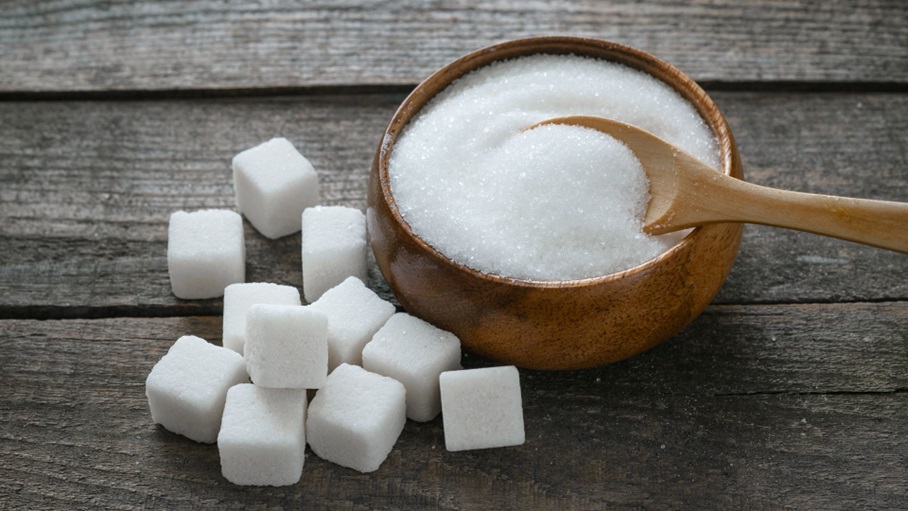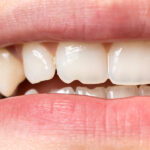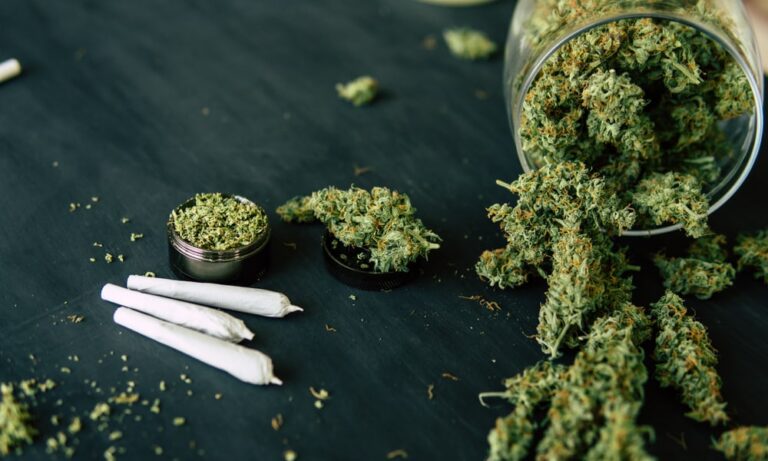
Guide to Sugar Intake After Weight Loss Surgery: The Basics
Embarking on a journey towards a healthier lifestyle after weight loss surgery is a commendable and life-changing decision. However, it can also be overwhelming when adapting to new dietary habits, especially concerning sugar intake. In this article, we’ll delve into the importance of monitoring sugar consumption post-surgery and provide some helpful tips for managing it effectively.
The Impact of Sugar on Weight Loss Progress
Excess sugar consumption can hinder weight loss and even cause weight regain after surgery. It’s imperative to limit your sugar intake to avoid complications such as dumping syndrome, diarrhea, and blood sugar fluctuations. When consumed in large quantities, sugar is quickly absorbed into your bloodstream, which causes a surge in blood sugar levels. This can cause the body to become resistant to insulin, resulting in a condition called diabetes. It can also disrupt the body’s natural fat-burning process, making it difficult to lose weight.
So, what counts as sugar? Added sugars are present in a variety of foods and drinks, such as soda, candy, cake, cookies, ice cream, and other sweet treats. Additionally, natural sugars found in fruits and dairy products are also to be monitored as they can still affect weight loss progress. By monitoring your sugar consumption and eating smaller portions of sugary foods, you can help ensure that your weight loss progress remains on track.
And if you are in the preparation stage of the surgery, make sure to consult a qualified doctor for weight loss surgery in Mexico to discuss your dietary habits and what modifications you should make. This will help ensure that you can continue to live a healthier lifestyle for years to come.
Sugar Recommendations Post-Surgery
After undergoing weight loss surgery, it is crucial to adhere to specific nutritional guidelines to facilitate a healthy recovery and maintain long-term weight loss success. This includes modifying your sugar intake as follows:
- Limit Added Sugars: Aim to consume no more than 5-10 grams of added sugars per meal. Eliminate sugar-sweetened beverages and choose sugar-free options instead.
- Focus on Natural Sugars: Opt for natural sugars from fruits and vegetables. However, be mindful of portion sizes and consume them in moderation.
- Choose Foods with Low Glycemic Index: Low-glycemic foods release sugar slowly into the bloodstream, helping maintain balanced blood sugar levels and preventing energy crashes.
Tips for Managing Sugar Cravings
Reducing sugar intake does not have to be a daunting task. Here are some strategies to manage sugar cravings post-surgery:
- Stay Hydrated: Drinking water can help curb sugar cravings by keeping you full and suppressing your appetite.
- Eat Protein: Consuming adequate protein can help control cravings and stabilize blood sugar levels.
- Opt for Healthier Alternatives: Satisfy your sweet tooth with healthier dessert options, such as sugar-free pudding or yogurt mixed with fruit.
- Practice Mindful Eating: Be aware of emotional triggers that lead to sugar cravings and develop healthier coping mechanisms.
It’s not uncommon to wonder why you are still hungry after weight loss surgery. Hunger can be a normal physiological response, but it can also be influenced by factors such as sugar cravings, emotional eating, or dehydration. By implementing these effective strategies, you can manage your sugar intake and curb your hunger, ensuring that your weight loss journey remains on track.
To Sum Up
Weight loss surgery can be an effective way to help you lose weight and keep it off in the long term. However, it’s important to be mindful of your sugar intake and limit added sugars to avoid complications such as dumping syndrome, diarrhea, and blood sugar fluctuations. There are several strategies you can use to help manage sugar cravings, such as staying hydrated, eating protein-rich foods, opting for healthier alternatives, and practicing mindful eating. By following these recommendations post-surgery, you can ensure your weight loss journey remains on track and that your health is taken care of. Thank you for reading!















